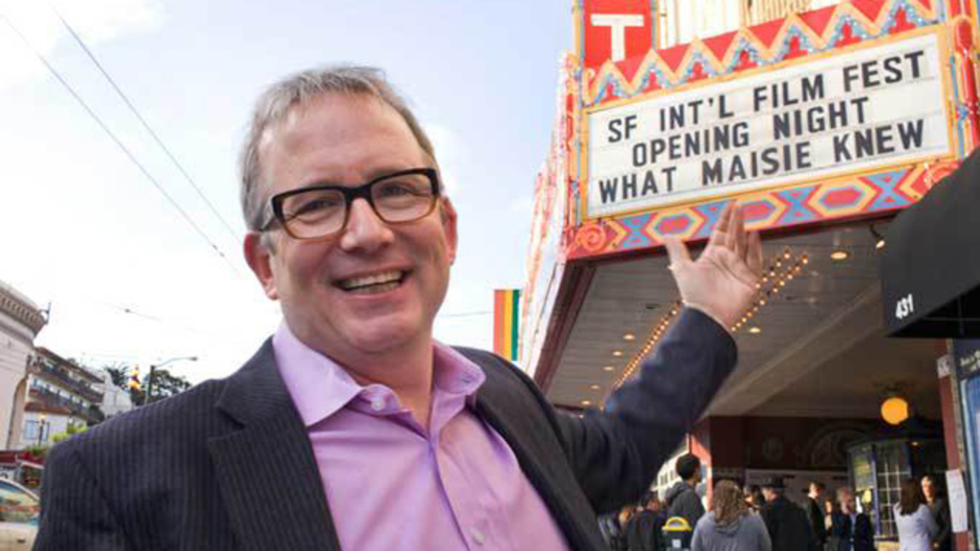
BY ZACHARY WIGON |
Racking Focus: How To Make a Living As An Indie Producer
Ted Hope, indie producing legend and former head of the San Francisco Film Society, has some surprising news.

Ted Hope - one of the key figures in the history of the indie film world, full stop - recently stepped down from his post running the San Francisco Film Society. Some assumed this meant Hope would be returning to producing films full time, but it seems this isn't the case - a post that just went up on Ted's blog indicates that Hope will no longer produce films as his livelihood. Since Ted has played such a crucial role in the development of the modern indie film world, it's important to consider the implications of his decision.
As Ted points out in his point, compensation for indie film producers is often skewed toward incentivizing as many films to be produced as possible, as quickly as possible. Film producers who rely on producing for their livelihood, and who do not have overhead deals in place, earn their living off of the fees they are paid on each film they produce. Since producers never know which film in development is going to "go," economics necessitate that they have a number of films in development - as many as they can handle makes the most sense, from a financial perspective - so that they have the greatest chance of having two films a year enter production, triggering their fees. This setup can make it difficult for each film a producer is developing to receive the attention necessary to make the film as good as possible - and this financial inhibition against quality control is part of what's making Ted move on from producing full-time.
Ultimately, what's happening right now is an inefficiency in the marketplace, and it's coming to light because it's harder to finance independent films than ever before. The inefficiency is simple: the folks whose money pays the producers' fees (the film's investors) are hoping for the best product possible to be made, so they can make the most money possible back on their investment. But the financial structure of producer fees encourages a mode of development and production that does not allow for the greatest film possible to be made. (That being said, there are many great indie producers out there whose reputations for making good work is a big part of their brand, folks who couldn't afford to make a bad film since it would dilute their power - and this sort of producer is the kind you want to work with, always.)
Regardless, if producers like Ted Hope no longer want to produce films for a living, something is inherently wrong with the system. Reforming that system is what Ted - and many others in the industry - have been trying to do for the past few years. Organizations like SFFS do help, by, among other things, extending development grants to filmmaking teams so that producers can afford to spend extended time workshopping a script with a writer. But a more common fix - a deeper structural change - is in order. I don't have the answer myself, but in light of Ted's post, it's something that I'm going to spend some time thinking about.

